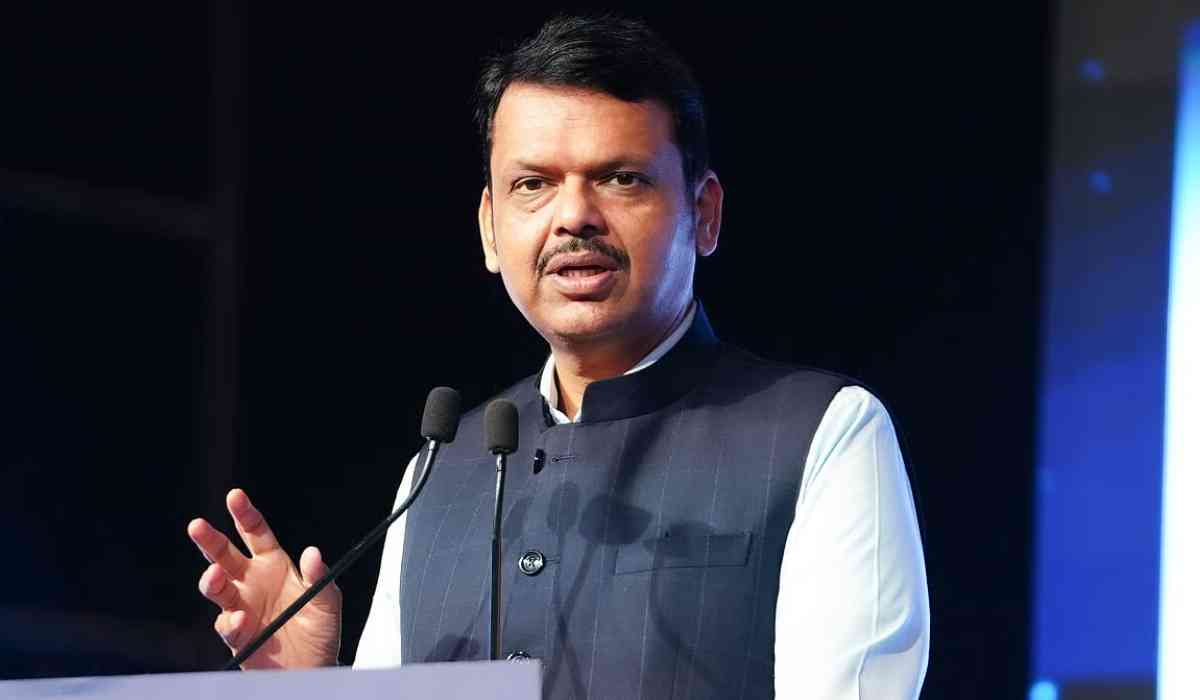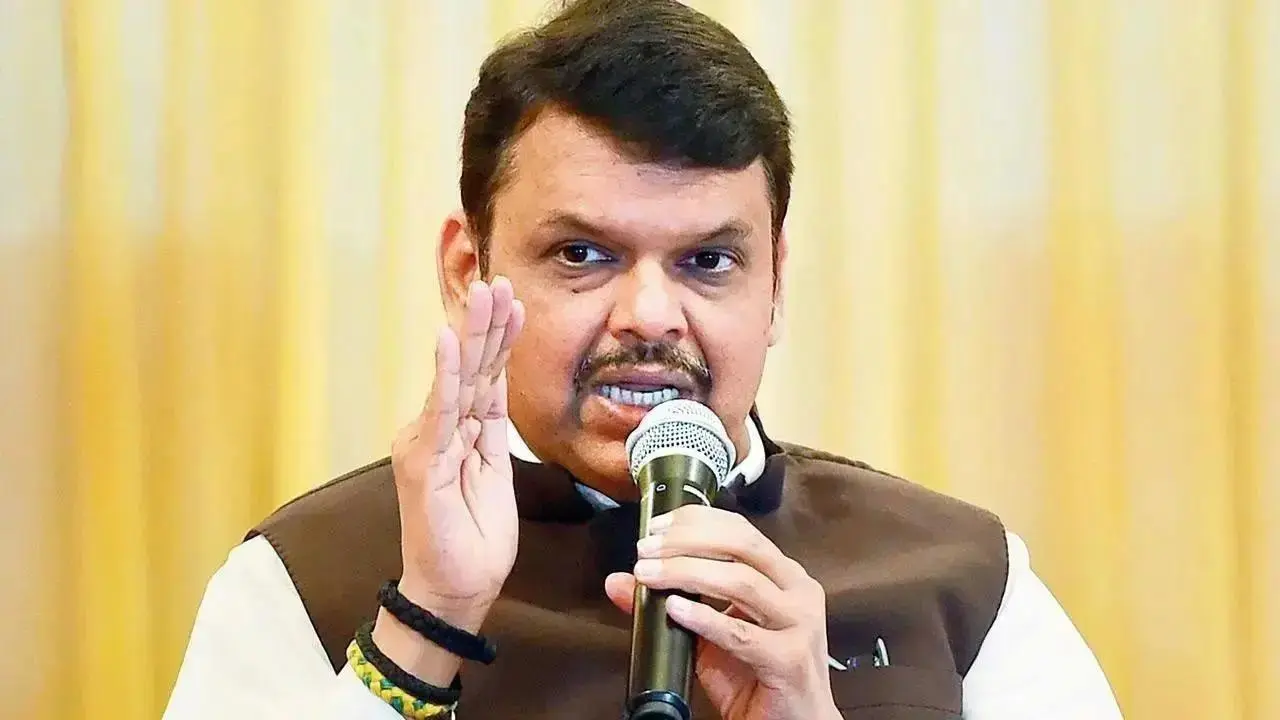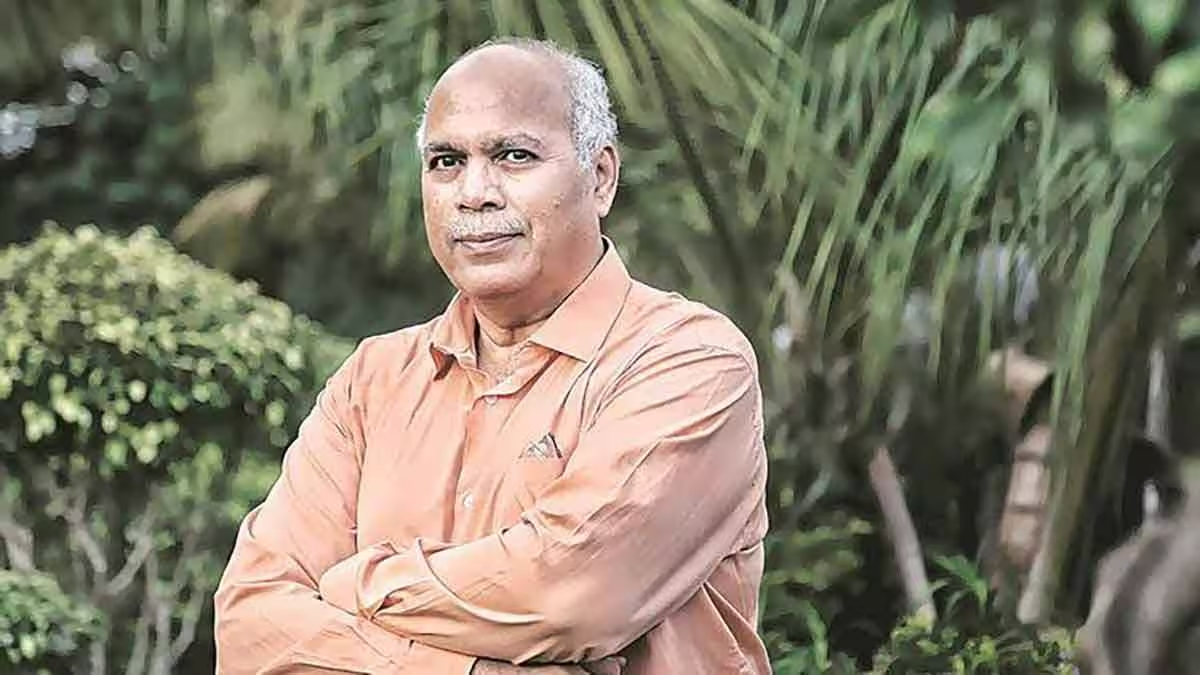The Maharashtra state government has cancelled its recent orders to introduce a three‑language policy, which had made Hindi the third language for primary school students. This comes amid growing concerns and protests claiming the policy put Marathi at risk of being sidelined. CM Devendra Fadnavis also announced a new committee to review how the language policy should be shaped going forward.
What the Policy Proposed
Earlier this year, two government orders were issued:
-
April 16 GR – Made Hindi mandatory as the third language for students in Classes 1–5 in both Marathi‑medium and English‑medium schools
-
June 17 amended GR – Claimed Hindi would be optional, allowing other Indian languages—but only if at least 20 students chose them
The intention, officials said, was to follow the National Education Policy (NEP) and help students gain extra credit for knowing a third language
Why People Objected
Many educators, parents, and political groups called it a case of “Hindi imposition”:
-
They argued the decision was rushed, lacked proper planning, and did not consider child development. For example, teaching three languages before age 5 could overwhelm young children.
-
Fears grew that Marathi—Maharashtra’s own language—would lose its importance.
-
Protests erupted: Shiv Sena (UBT) supporters burned copies of the orders in Mumbai and Pune, denouncing the move as cultural disrespect.
-
Political reactions: Uddhav Thackeray (Shiv Sena UBT) welcomed the cancellation as a win for Marathi pride, while Raj Thackeray (MNS) issued an ultimatum: further imposition, and they’ll renew protests.
But officials insisted they weren’t targeting Hindi alone—said it was simply part of a broader implementation of NEP recommendations .
Government’s Explanation
At a press briefing, CM Fadnavis said the decision to drop the GRs was taken carefully and with respect to regional sentiments—not merely as a response to protests. He noted:
-
The Mashelkar Committee (set up in 2020) had previously recommended teaching Marathi, Hindi, and English from Class 1 to 12—and this decision would be reviewed under that context.
-
He claimed earlier governments, including Uddhav Thackeray’s, had already accepted this suggestion .
-
He said lines of communication remain open: schools could choose a language other than Hindi, depending on student interest .
The New Committee: What’s Next
To address confusion and frustration, Fadnavis announced a new committee to examine:
-
Which class the third language should start—
-
How it should be taught,
-
Which languages besides Hindi are viable options,
-
And how it aligns with the state’s goals and NEP.
Dr Narendra Jadhav, a respected educationist and former vice‑chancellor and Planning Commission member, will lead this committee, with others from education, language, and child development backgrounds. The panel has three months to report back .
Mixed Reactions
Educators and language experts welcomed the GR cancellation, saying it eased political tensions . Laxmikant Deshmukh, head of the Marathi Language Advisory Committee, emphasized that Marathis had united and that teaching Hindi before Class 5 was unnecessary. Yet, he warned that simply creating a new committee could leave doubts about future Hindi mandates .
Critics remain cautious. Some pointed out that no central policy in the NEP prescribes three languages starting at age 1. Others questioned why a child‑education expert wasn’t heading the panel .
Political concerns also surfaced. Since local body elections are near, some say the rollback was partly politically motivated and a concession to alliance partners unhappy with the policy .
A Closer Perspective
This incident highlights the tightrope states must walk when balancing national educational goals with regional identities. While the NEP proposes multilingual education, rollout timing and method need careful planning and wide consultation.
Now, whether Maharashtra opts for a structured three-language model—or chooses more flexible options—will depend on how openly the new committee engages with all voices:
-
Students and parents,
-
Language experts,
-
Child psychologists,
-
And political stakeholders.
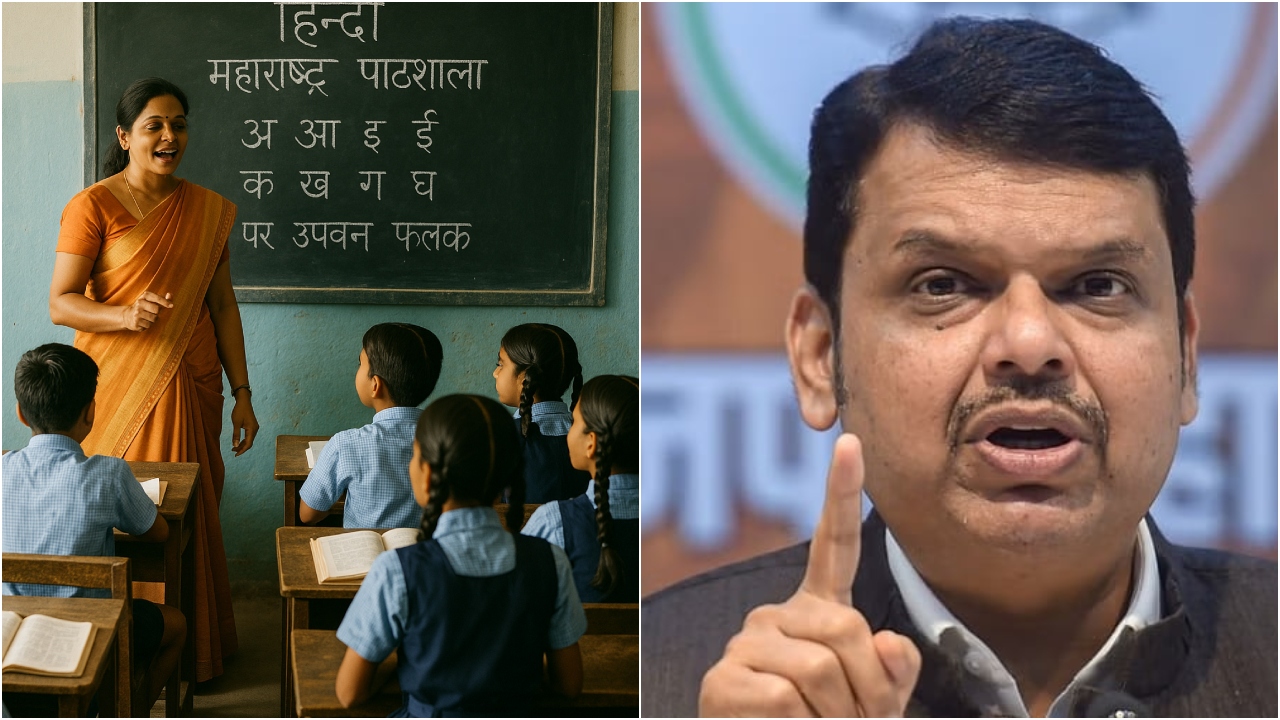
Why It Matters
-
Marathi culture is deeply woven into daily life in Maharashtra. Missteps in language policy can be seen as an erosion of regional identity.
-
Students' comfort and learning capacity matter: introducing too many languages too early may overwhelm them.
-
Trust in government is at stake: inclusive, transparent policymaking helps avoid conflict and confusion.
Looking Ahead
The next few months are crucial. The committee’s recommendations could shape how languages are taught in Maharashtra for years. Whether they pick a kinder, staged rollout starting around Class 5—or design a broader, age‑appropriate language plan—will reveal much about the balance between learning and linguistic identity.
In summary
The Maharashtra government has withdrawn the contested three‑language orders, listened to protesters, and set up a committee to chart a better course. For kids, parents, and language lovers, the hope is for clear, inclusive decisions that respect both educational goals and cultural roots.
With inputs from agencies
Image Source: Multiple agencies
© Copyright 2025. All Rights Reserved Powered by Vygr Media.

